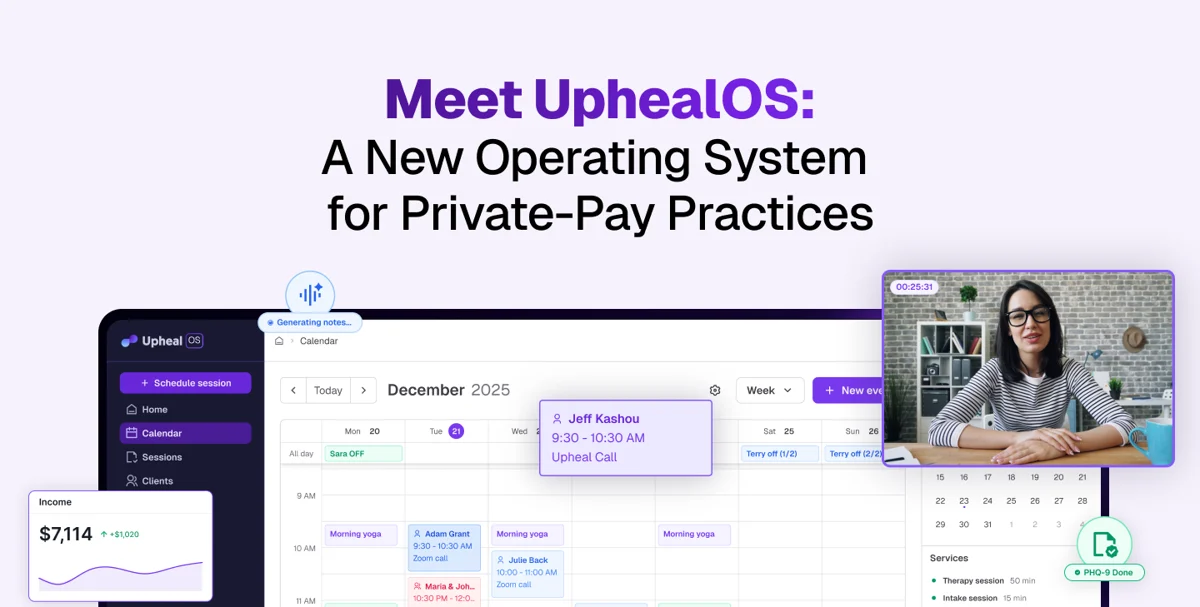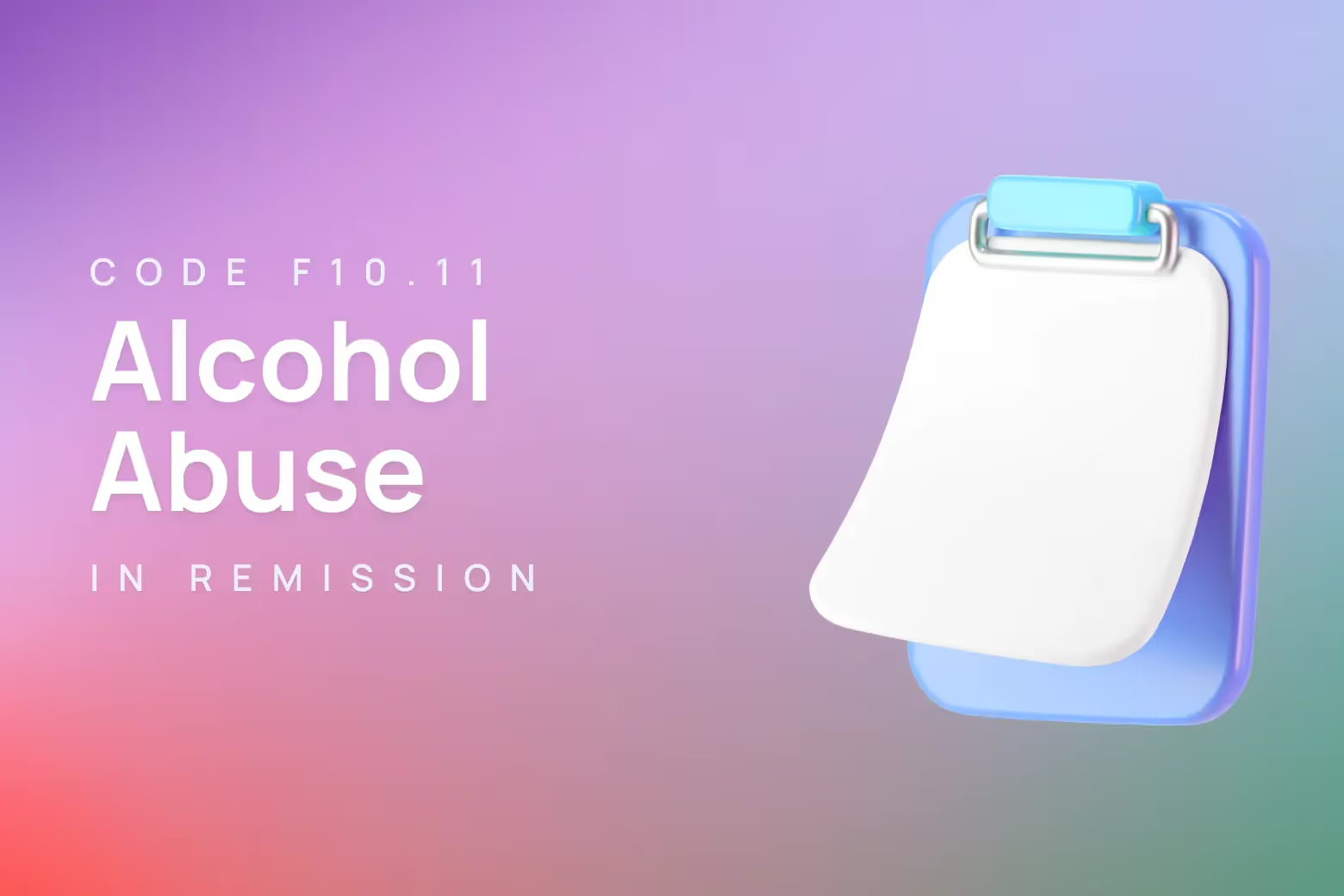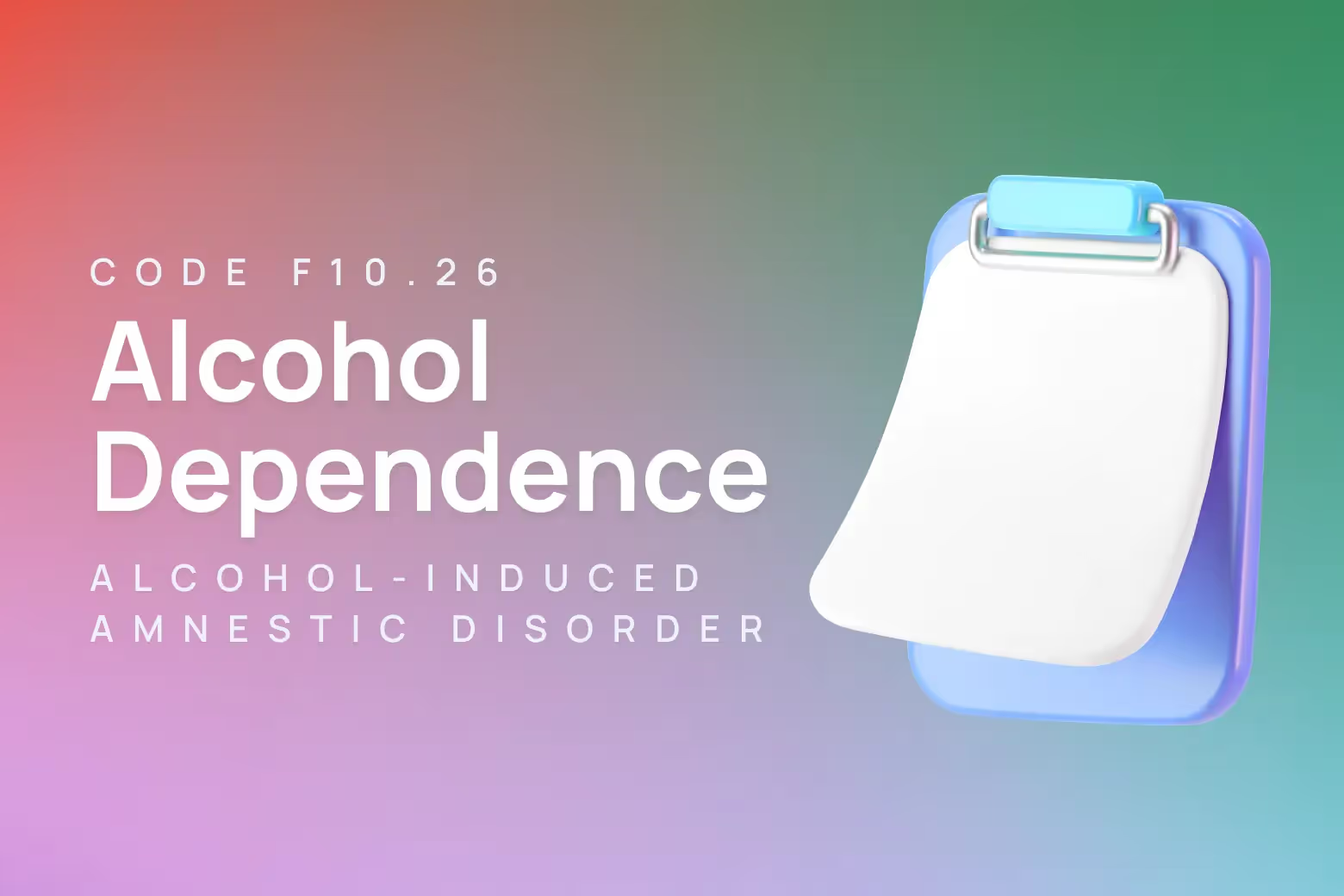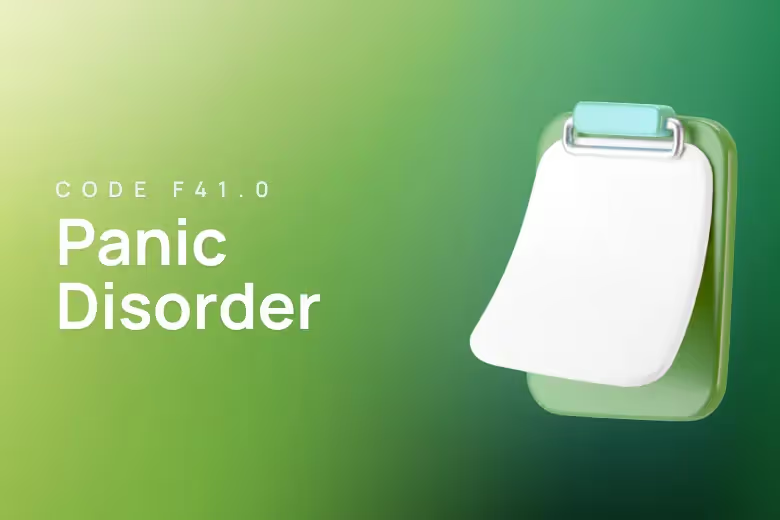ICD-10 code for alcohol use, unspecified with alcohol-induced psychotic disorder, with delusions
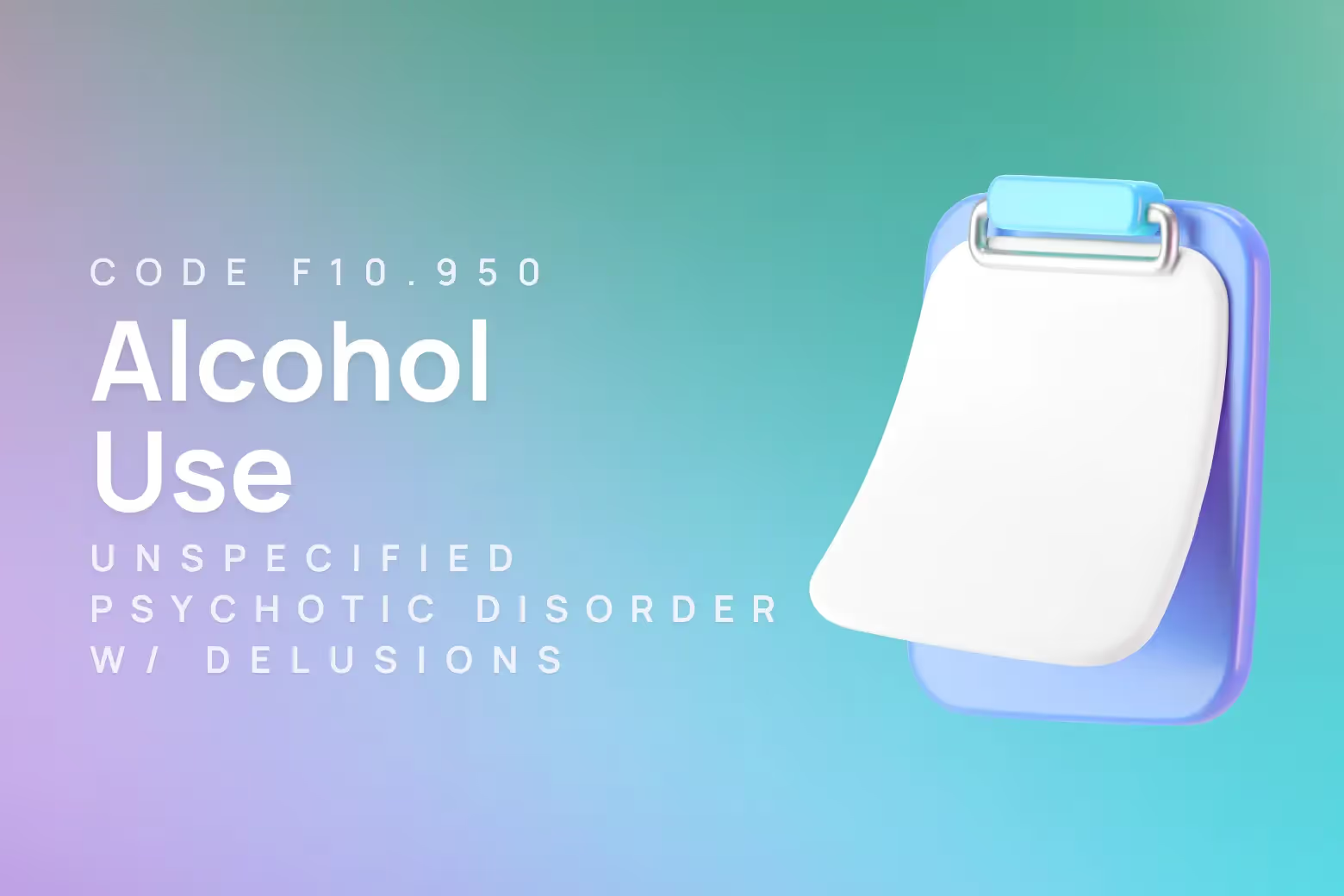
F10.950 is the ICD-10 code for alcohol use, unspecified with alcohol-induced psychotic disorder, with delusions.
This diagnostic code identifies situations where chronic alcohol consumption has resulted in prominent delusions without significant hallucinations, but the severity of the underlying alcohol use disorder cannot be precisely determined.
Accurate coding and documentation ensures clients receive appropriate treatment while meeting insurance requirements for continued care authorization.
Key features:
- Represents alcohol-induced psychotic disorder primarily characterized by delusions rather than hallucinations
- Used when the severity of alcohol use disorder is unclear or cannot be determined
- Fourth character "0" indicates unspecified alcohol use disorder severity
- Requires clear temporal relationship between alcohol use and psychotic symptoms

Diagnostic criteria for alcohol use, unspecified with alcohol-induced psychotic disorder, with delusions (F10.950)
The diagnosis of F10.950 requires meeting criteria for both an alcohol-induced psychotic disorder and an underlying alcohol use disorder of unspecified severity.
Clinicians must establish that chronic alcohol consumption has directly contributed to the development of psychotic symptoms, particularly delusions.
The alcohol-induced psychotic disorder component involves prominent delusions that develop during periods of heavy alcohol consumption or shortly after cessation.
These delusions often present with persecutory themes and may persist beyond the acute intoxication period.
Unlike alcohol withdrawal delirium, individuals maintain a clear sensorium despite experiencing these fixed false beliefs.
The underlying alcohol use disorder must involve at least two symptoms from the standard criteria occurring within a 12-month period.
However, the "unspecified" designation indicates insufficient information exists to determine whether the disorder is mild, moderate, or severe.
Common symptoms include craving, unsuccessful efforts to control use, continued drinking despite problems, tolerance, and withdrawal symptoms.
When to use F10.950 diagnosis code
The F10.950 code should be selected when alcohol-induced psychotic symptoms primarily involve delusions rather than hallucinations, and when the severity of the underlying alcohol use disorder cannot be accurately assessed.
This careful differentiation ensures proper treatment planning and billing compliance.
F10.950 vs F10.951 (Alcohol use, unspecified with alcohol-induced psychotic disorder with hallucinations)
These codes differentiate based on the predominant psychotic symptom presentation. F10.950 applies when delusions are the primary or sole psychotic feature, while F10.951 indicates prominent hallucinations with or without accompanying delusions.
Delusions in F10.950 typically involve persecutory themes, with individuals developing fixed false beliefs about being monitored, threatened, or conspired against.
These beliefs often seem plausible within the context of their social environment but lack factual basis. In contrast, F10.951 would involve auditory, visual, or tactile hallucinations that may accompany delusional thinking.
F10.950 vs F10.95 (Alcohol use, unspecified with alcohol-induced psychotic disorder, unspecified)
F10.950 specifies delusions as the primary psychotic symptom, while F10.95 is used when the type of psychotic symptoms cannot be clearly determined or documented.
The more specific F10.950 code provides better clinical information for treatment planning and should be used whenever delusions can be clearly identified as the predominant feature.
Related ICD-10 codes
- F10.95 Alcohol use, unspecified with alcohol-induced psychotic disorder, unspecified
- F10.951 Alcohol use, unspecified with alcohol-induced psychotic disorder with hallucinations
- F10.959 Alcohol use, unspecified with alcohol-induced psychotic disorder, unspecified
- F10.150 Alcohol abuse with alcohol-induced psychotic disorder with delusions
- F10.250 Alcohol dependence with alcohol-induced psychotic disorder with delusions
Interventions and CPT codes for alcohol-induced psychotic disorder with delusions
Comprehensive psychiatric evaluation
Initial assessment requires thorough evaluation to establish the diagnosis, assess safety concerns, and develop an integrated treatment plan addressing both the psychotic symptoms and underlying alcohol use disorder.
Relevant CPT codes include:
- 90791 Psychiatric diagnostic evaluation for initial intake assessment
- 96127 Brief emotional/behavioral assessment per instrument for standardized screening tools
Individual psychotherapy
Once acute psychotic symptoms have stabilized, individual therapy focuses on relapse prevention, reality testing, and developing healthy coping strategies. Treatment typically combines motivational interviewing techniques with cognitive-behavioral interventions.
CPT codes for individual therapy sessions:
- 90832 Psychotherapy, 30 minutes
- 90834 Psychotherapy, 45 minutes
- 90837 Psychotherapy, 60 minutes
Medication management
Antipsychotic medications are often necessary to manage delusional symptoms, particularly when they cause significant distress or pose safety concerns. Treatment typically involves short-term use until abstinence is achieved and symptoms naturally improve.
Common medication approaches include haloperidol 2.5 to 10 mg as needed, olanzapine 5 to 10 mg with daily dosing up to 30 mg, or risperidone 1 to 5 mg twice daily. However, antipsychotics should always be combined with adequate treatment for alcohol withdrawal and should not be used in isolation.
Family therapy and support systems
Family involvement becomes crucial for supporting recovery and helping loved ones understand the complex relationship between alcohol use and psychotic symptoms. Family sessions address communication patterns, enabling behaviors, and relapse prevention strategies.
CPT codes for family interventions:
- 90846 Family psychotherapy without patient present
- 90847 Family psychotherapy with patient present
How Upheal improves F10.950 ICD-10 documentation
Suggesting appropriate ICD-10 codes based on session content
Upheal's clinical documentation platform analyzes session notes to identify key symptoms and presentations that support the F10.950 diagnosis.
The platform recognizes patterns in client presentation including delusional content, alcohol use history, and functional impairment to suggest this specific code when appropriate.
This intelligent code suggestion helps clinicians accurately distinguish between different alcohol-induced psychotic disorder presentations, ensuring that delusion-predominant cases receive the precise F10.950 coding rather than less specific alternatives.
Maintaining HIPAA-compliant records with proper diagnostic coding
The platform maintains secure, comprehensive documentation that clearly establishes the diagnostic criteria for F10.950, including the temporal relationship between alcohol use and psychotic symptoms.
This thorough record-keeping supports insurance authorization and regulatory compliance requirements.
Upheal's documentation system captures essential clinical details such as the nature and content of delusions, alcohol use patterns, functional impairment, and treatment response in a structured format that supports accurate coding decisions.
Reducing administrative burden so you can focus on client care
By automating much of the documentation process, Upheal allows clinicians to spend more time on direct client care and therapeutic interventions.
This is particularly valuable when working with clients experiencing alcohol-induced psychotic symptoms, who often require intensive monitoring and frequent session adjustments.
The platform's efficiency improvements help clinicians maintain consistent documentation standards while devoting appropriate clinical attention to the complex needs of individuals with F10.950 presentations.
Supporting clients with alcohol-induced psychotic disorder with delusions
Treating individuals with F10.950 requires integrated care that addresses both the acute psychotic symptoms and the underlying alcohol use disorder.
The presence of delusions can significantly impact a client's willingness to engage in treatment, making the therapeutic relationship particularly important.
Establishing safety becomes the immediate priority, especially when delusions involve themes of persecution or threat.
Clinicians must carefully assess for any risk of harm to self or others while building therapeutic rapport despite the client's altered reality testing.
The clear sensorium typically present in alcohol-induced psychotic disorder can be therapeutically advantageous compared to more severe conditions involving cognitive impairment.
Long-term recovery depends on achieving sustained alcohol abstinence, as delusions typically improve significantly once drinking stops and the brain recovers from chronic alcohol effects. However, some individuals may develop persistent psychotic symptoms requiring ongoing treatment.
Working with clients experiencing F10.950 involves balancing immediate symptom management with comprehensive addiction treatment to achieve optimal outcomes and prevent future episodes.
For behavioral healthcare clinicians seeking to improve their clinical documentation while focusing more time on client care, Upheal offers an AI-powered platform that suggests appropriate diagnostic codes and maintains comprehensive, compliant records.
Try Upheal today to see how intelligent documentation tools can support your work with complex presentations like alcohol-induced psychotic disorders.


